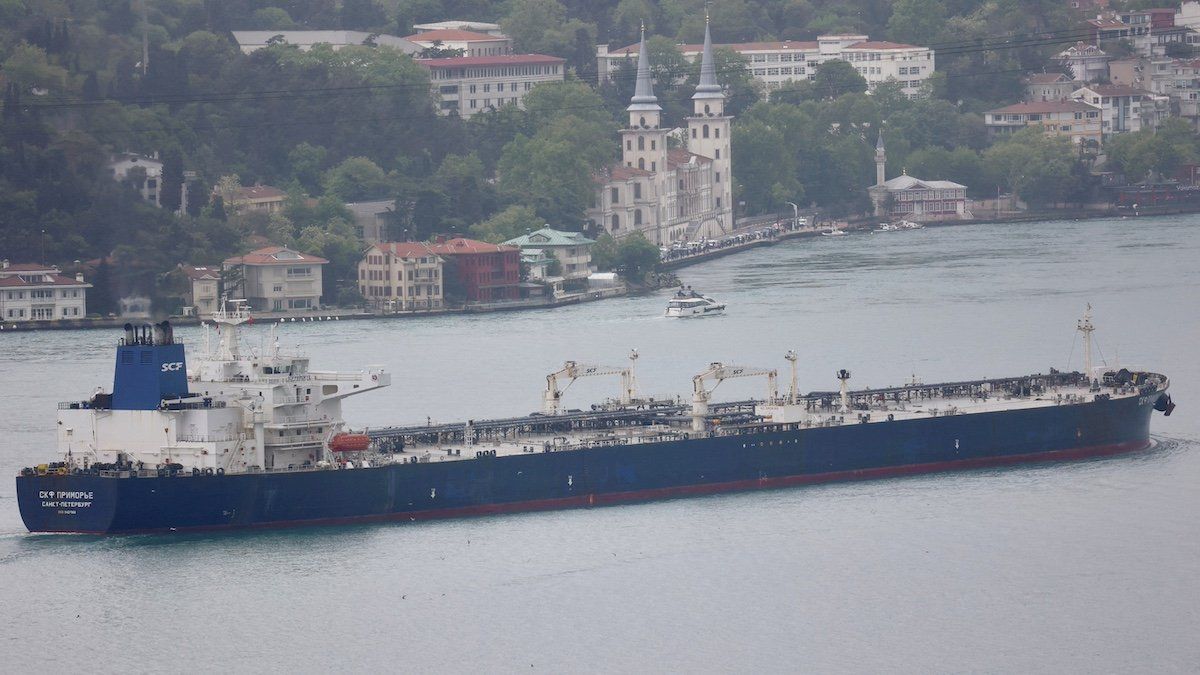3.28 million: Russian exports of crude oil fell to an average of 3.28 million barrels per day in the four weeks leading up to Nov. 17, with shipments from western ports mostly serving Turkey and India falling by nearly 30%. Russia has been trying to restrict flows of oil in coordination with OPEC standards to buoy prices and has pledged further production cuts between March and September of next year.
350: South African authorities are mulling whether to try rescuing at least 350 illegal miners who are hiding in underground shafts at the Stilfontein mine to the southwest of Johannesburg. The miners have remained underground to avoid arrest amid a crackdown on artisanal mining, which is often controlled by gangs. A court order on Monday instructed police to allow those within the mine to leave. Locals say there may be as many as 4,000 miners in the shaft, and authorities are not sure it is safe to send a mission. Some miners have emerged looking frail and malnourished.
63.92: The opposition leader of Somaliland, Abdirahman Mohamed Abdullahu — better known as “Irro” — won the presidency of the quasi-independent state with 63.92% of the vote, a clear mandate over incumbent Muse Bihi. Irro is promising to boost economic opportunities in Somaliland, especially for women, and hopes to persuade incoming US President Donald Trump to recognize his government independently of Somalia.
9,219: Over four dozen of Japan’s largest companies have paid out 9,219 employees with
early retirement and voluntary severance in 2024, roughly triple last year’s numbers. Japanese corporations are historically very reluctant to fire workers, but the yen’s weakness and sluggish growth are forcing companies to streamline with buyouts.
